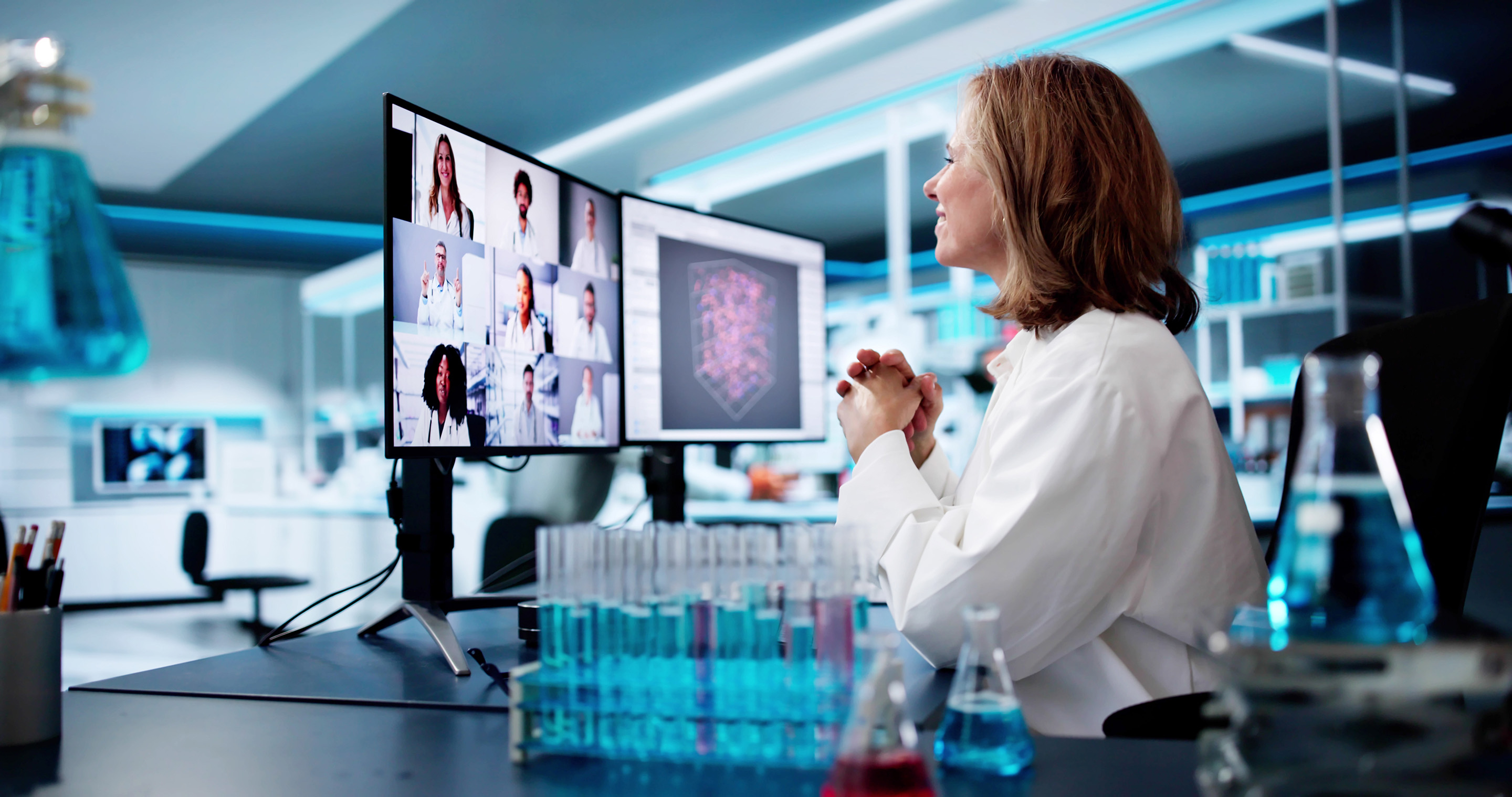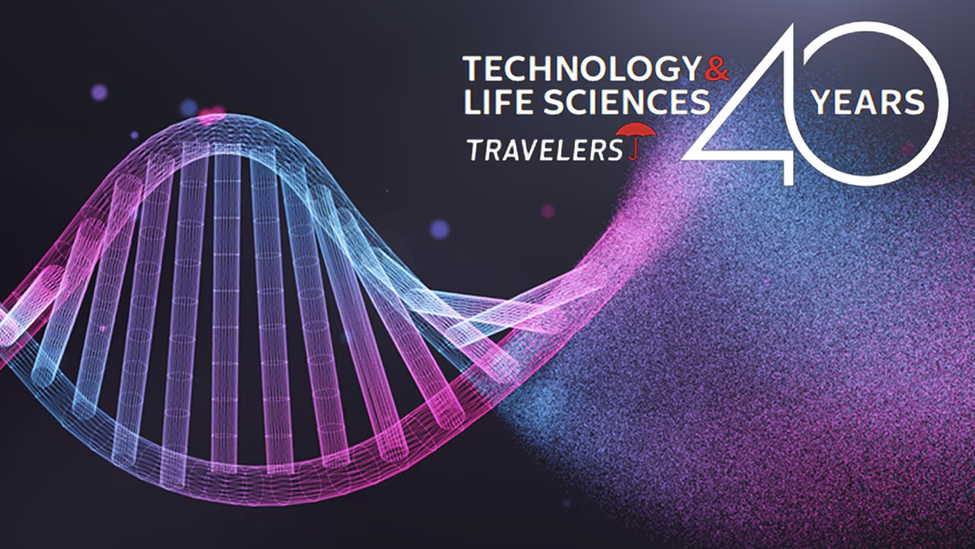AI in Medical Technology: Managing Risks in Ireland’s Life Sciences Sector


Artificial intelligence (AI) is revolutionising medical technology in ways that once seemed confined to science fiction. From helping clinicians detect diseases earlier, to powering wearable health devices that monitor patient wellbeing in real time, AI has quickly become central to innovation. In Ireland, AI tools are being used in trials for early cancer detection and in medtech firms developing personalised healthcare solutions.
But with opportunity comes responsibility. As AI ushers in life-changing advances, it introduces complex risks that businesses must mitigate to thrive in this rapidly evolving space.
Emerging risks of AI in healthcare
AI has generated new layers of risk when compared with traditional software. Its accountability, safety, reliability, bias, security, privacy and explainability have raised concerns in Ireland and around the world. The Irish government recently released an AI implementation framework, Guidelines for the Responsible Use of AI in the Public Service, to help organisations manage the risks.
Diagnostic AI is one example. A model trained on incomplete or non-representative datasets could misdiagnose certain conditions or misclassify others, potentially delaying treatment. Similarly, wearable health devices powered by AI, like those tracking heart irregularities, risk causing widespread false alarms if inadequately tested — overwhelming clinicians and eroding patient trust.
Bias is particularly pressing. In the absence of diverse, quality training data, AI systems may unintentionally disadvantage underrepresented groups, generating unequal health outcomes. Security and privacy concerns also loom large over the vast amounts of sensitive health data medtech firms collect. Breaches can generate severe regulatory and reputational consequences under GDPR.
Finally, explainability — or lack thereof — is a growing challenge. If clinicians can’t understand how an AI model reached a diagnosis, patient trust falters and regulators are less likely to approve its use.
AI risk mitigation strategies
Fortunately, protective strategies exist. AI should support, not replace, clinicians and decision-makers. Rigorous human validation is essential to maintaining quality care in higher-risk applications like medical diagnosis. (Ireland’s AI implementation framework includes seven principles for responsible AI and “human agency and oversight” tops the list.)
Transparency and explainability are equally important. AI developers should document model design, training data, and known limitations, enabling users to make informed decisions about AI capabilities and constraints.
Continuous testing and evaluation are needed too. This includes simulating diverse patient populations, stress-testing cases, and monitoring real-world performance after deployment.
Lastly, organisations should implement contractual risk transfer mechanisms as standard operating procedure to mitigate Professional Indemnity, Cyber, and Product Liability exposures arising from artificial intelligence deployments.
Risk transfer and future outlook
AI’s potential in medtech and life science companies is extraordinary, but so are its risks. Businesses with strong protective frameworks around AI risks will more capably maintain patient trust, regulatory compliance, and resilience. They will be poised to deliver the life-changing advances that AI promises.



